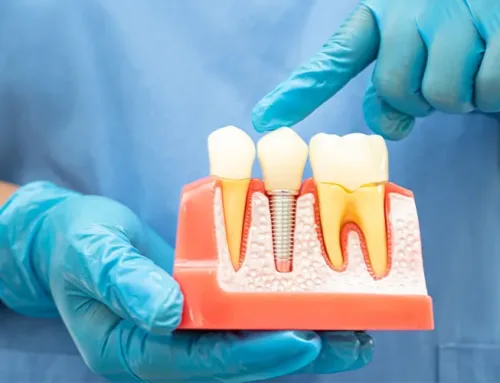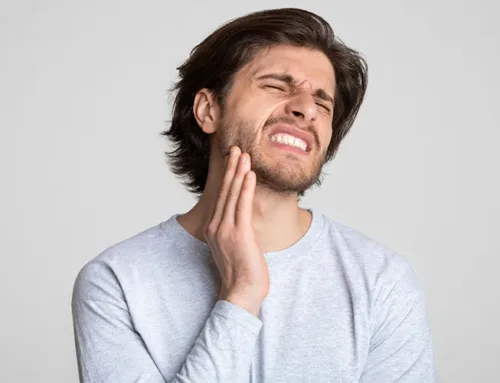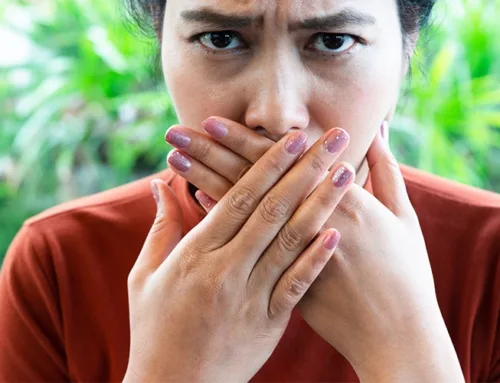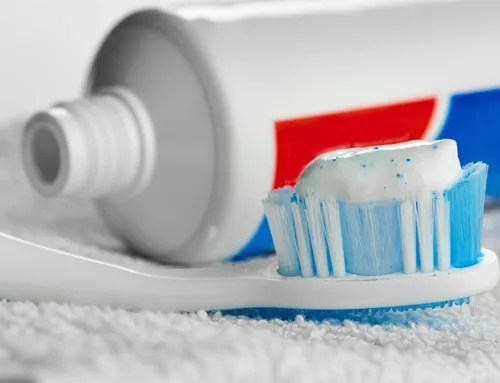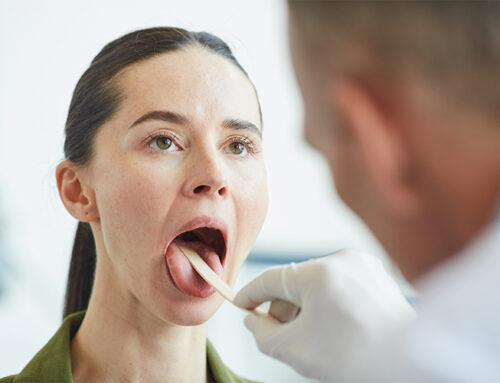7 Common Dental Myths Debunked
April 1, 2021
With so much information available nowadays, it’s very easy to internalize myths and misconceptions if you hear them too often. Don’t let your oral health suffer by following the wrong dental care practices, as doing this long-term can cause irreversible damage to your beautiful smile.
Here are 7 common dental myths, debunked.
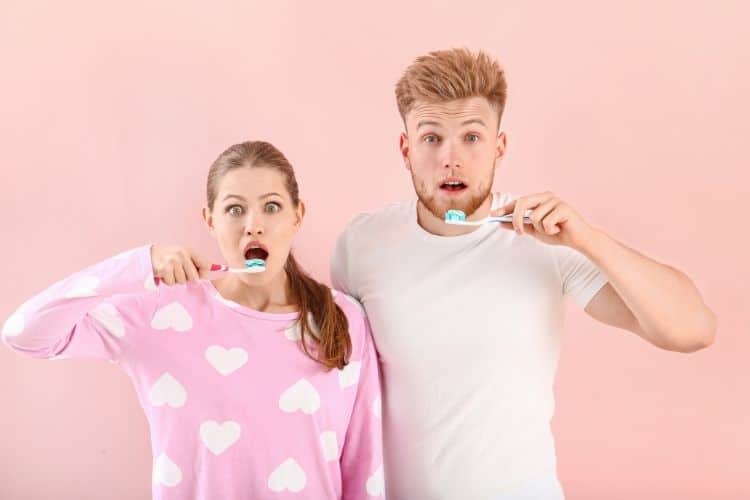
1. The only time you need to see a dentist is if your teeth hurt
If you wait until your teeth are hurting to see a dentist, the treatment needed is far more likely to be more expensive than receiving regular, routine exams and cleanings. When it comes to your teeth, preventative measures help diagnose and treat potential problems early on, so that your teeth don’t end up being in pain.
2. You can create spaces between your teeth with flossing
Your teeth naturally have microscopic spaces between them. Flossing does not create these spaces, but rather helps to remove food particles and debris that gets stuck in them. By removing the gunk that gets stuck between your teeth, you prevent gum disease and cavities from forming.
If you do not have a regular flossing routine, your gums are likely to bleed for the first while until they eventually stop.
If they do not stop bleeding after a few weeks, see a dentist. If flossing is difficult, a hygienist can remove any plaque and tartar build-up between your teeth and under your gum line.
3. Treating “baby teeth” as less important
Don’t get stuck in this thinking trap! Your child’s baby teeth are crucial as the body uses them as space maintainer and tells the permanent (adult) teeth where to line up underneath the gums. If the baby teeth are lost early on due to cavities, your child will need an artificial maintainer until the permanent tooth can grow in.
Beyond this, if brushing and flossing isn’t an important routine with one’s baby teeth, it is likely that the individual will not see their permanent teeth as that important either. This can lead to major dental problems later on in life.
4. When you brush doesn’t matter, as long as you do
The reason that it is recommended that you brush your teeth before you go to bed and when you wake in the morning, is because over night your mouth does not produce nearly as much saliva as it does during the day.
With less saliva production, your mouth can’t cleanse itself nearly as well, allowing bacteria to proliferate.
If you have food particles left on your teeth overnight, bacteria will eat away at it, causing acidic waste that contributes to tooth decay. Brushing your teeth after highly acidic meals or high carbohydrate meals will help prevent cavities too.
5. Diet soda is okay for our teeth because it has no sugar
While choosing the diet soda does mean you are passing on the sugar that can cause cavities in your teeth, it doesn’t mean that it won’t do harm to your mouth. Instead, the acidic nature of the diet soda, which has a pH level between 2-3 will eat away at your tooth enamel, causing sensitivity and increased risk for cavity formation. It takes your mouth 20-minutes to neutralize the acid, so every time you take a sip, you’re opening yourself up to an acid attack.
To give you an idea of how acidic diet soda is, water has a pH level of 7.
This concept also applies to other acidic liquids like citrus juices.
6. Our oral health is separate from full-body health
There is a direct connection between your mouth and the rest of your body. Not only is it the main gateway for foods and liquids, but if you suffer from severe tooth decay or periodontal disease, your mouth allows bacteria to enter your body’s bloodstream.
When this happens, it can cause a whole host of health issues, including increased risk for serious problems like heart disease, diabetes, and cancer.
7. I have unhealthy teeth because I am older
Your age has no direct correlation to your oral health nor the deterioration of your teeth and gums. The same applies to those who are young; your teeth are not healthy because you are younger in age. The health of your teeth and gums is determined by your oral hygiene habits.
If you eat acidic foods, smoke, or pass on flossing, then your teeth will become unhealthy.
If you take care of your teeth properly, you are far less likely to have tooth decay in your older years and won’t need to rely on crowns, dentures, implants, or bridges.
If you’ve fallen into any of these myths, schedule a visit with us and have an oral health assessment done. Being proactive will help you get back on track with a healthy dental routine and prevent further damage to your pearly whites. You can also give us a call at (813) 333-1922.




